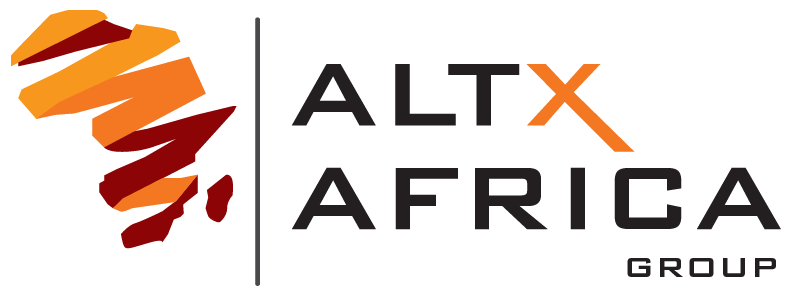Are you an investor interested in tailoring your investments to focus on particular industries or asset types? An Exchange-Traded Fund (ETF) might be your answer. Here is what you need to know about them:
What is an ETF?
An ETF is a security comprised of a collection of securities or assets bought and sold on an exchange throughout the day.
How is an ETF created?
A single ETF asset is created from collecting existing, known and priced assets. The ETF is divided into shares that are traded on an exchange.
Each ETF functions as a basket holding your assets and trying to reflect the performance of the index or assets that underly it.
Definitions
Close-ended ETF
The issuer of the ETF cannot alter the issue size of the ETF.
Open-ended ETF
The issuer of the ETF may vary its issue size from time to time.
Market maker
An authorised individual who is responsible for the buying and selling of securities for the ETF.
Net Asset Value (NAV)
The average price per share of the ETF minus the liabilities and divided by the value of the assets in the ETF.
Total Expense Ratio
The total management fees and additional expenses associated with managing the ETF.
What are the different types of ETFs?
Bonds ETFs
They track the performance of a portfolio of bonds which can be issued by governments or companies.
Commodity ETFs
They invest in raw materials such as gold or a commodity index.
Currency ETFs
They allow investors to access a portfolio of currencies or foreign exchange.
Equity ETFs
These ETFs often track the performance of a stock index or a basket of company stocks.
Why should I invest in an ETF?
Diversification
Investing in ETFs can allow you to access multiple assets across sectors with varying risks and returns, instantly diversifying your portfolio.
Cost-effective
ETFs can have lower administrative and operating costs compared with other investment options.
What are the potential risks of investing in an ETF?
Diversification
Single industry or asset ETFs can offer a limited variety and are more beneficial as part of an investment portfolio with more risk and asset diversity.
Liquidity
Some ETFs may lack liquidity, making them more challenging to buy and sell.
Learn more about the ALTX bond ETF here.
